Nghia Dong is a mountainous commune with many types of trees and natural flowers... so it is very suitable for raising bees for honey. Beekeeping in Nghia Dong has been a tradition for decades, but in the early days the model was mainly spontaneous. The products made mainly served local needs. Photo: Khanh Ly
Since 2022, implementing the program "One commune one OCOP product", Nghia Dong commune has chosen honey to build into an OCOP product, with support from the local government, the Nghia Dong commune honey production cooperative was established on the basis of connecting 17 beekeeping households with the same passion, to share experiences in caring for, processing and harvesting honey with a total of 336 hives. Up to now, the cooperative has grown to 26 members participating with 525 hives. The members of the group are divided into 3 groups, each group gathers from 2-3 hamlets. Many farmers have up to 100 hives such as Mr. Nguyen Van Tien's household in hamlet 5, Mr. Nguyen Trong Tu's household in hamlet 7... Photo: Khanh Ly
According to the cooperative members: Beekeeping for honey is not difficult, does not require much effort, can be done right in the home garden; investment costs are low, the bee's food source is completely based on natural sources from the forest, from industrial trees such as rubber, coffee, oranges, longan, lychee and other crops, so the quality of Nghia Dong honey is very good. Photo: Thanh Nga
Mr. Nguyen Van Tien - Head of the beekeeping cooperative in Nghia Dong commune said: The process of raising bees requires understanding the characteristics and cycles of bees. First, you must choose good breeds, understand the basic process, when bees eat, when they produce honey and pay attention to disease prevention. In particular, the area around the beehive must be clean, because bees are very sensitive to the environment. Photo: Thanh Nga
Clean bees produce clean honey. Bees are raised all year round but honey is only harvested for 3-4 months, starting from March to June. “Usually, we beekeepers only take the remaining 4 rings of honey for the bees, because from August to September, bees have difficulty finding natural food sources. Not to mention, when the weather is stormy and cold, bees cannot go out to find food, they will eat the honey that beekeepers keep. Beekeepers must know how to share with the bees, not drain them all…”- Mr. Nguyen Van Tien - Head of the Honey Bee Cooperative in Nghia Dong commune said. Photo: Khanh Ly
Initially, households domesticated natural bee colonies in their gardens, then through training sessions, experience sharing, and technical science helped people improve breeds, grasp and apply them in practice to increase productivity and honey quality. Photo: Khanh Ly
According to Mr. Nguyen Van Tien - Head of the Nghia Dong Commune Honey Beekeeping Cooperative: In the 2024 honey season, the cooperative harvested nearly 7,000 bottles of honey. In the 2025 honey season, about 6,000 bottles were harvested. Households that have mastered the technical process of raising and caring for bees will harvest an average of about 10-15 bottles/bee box. As for Mr. Tien's family, in 2025, from 100 bee colonies, they will harvest more than 400 bottles of honey (about 300 liters/year), the rest will be sold as seeds, deducting expenses for an income of about 100 million VND. Photo: Khanh Ly
Nghia Dong honey drops blend together, are smooth, delicious, and carry the flavor of nature. Photo: Khanh Ly
With the guidance of local authorities and functional agencies, honey production processes have been built according to OCOP standards; and support in printing product packaging. Since then, households have mastered the process, and products have been increasingly developed. Nghia Dong honey products have achieved 3-star OCOP. Each bottle of honey costs 150,000 - 180,000 VND. Honey products can be stored for 2 years, the longer they are stored, the more beautiful the color and the richer the flavor. Photo: Thanh Nga
Thanks to actively promoting the product on social networking platforms such as Facebook, Zalo as well as through the promotion channels of children living and working far away in all parts of the country... Nghia Dong Honey products are known and loved by many people. People in the area proactively come to get them, those who live far away pack them in boxes and send them by bus. Mrs. Nguyen Thi Huong's family in Hamlet 7 (in the photo) currently raises about 100 bee colonies. Mrs. Huong said that most of them sell and export the seeds to local people in the province at a price of 200,000 VND/box, only leaving about 10 boxes for honey sales. On average, the harvest from seeds and honey is 80 million VND per year. Photo: Thanh Nga
Clip: Thanh Nga - Khanh Ly. Technique: Dinh Tuyen
AD Advertisement
Source: https://baonghean.vn/nong-dan-xa-mien-nui-nghia-dong-lam-giau-tu-nghe-nuoi-ong-lay-mat-10303445.html


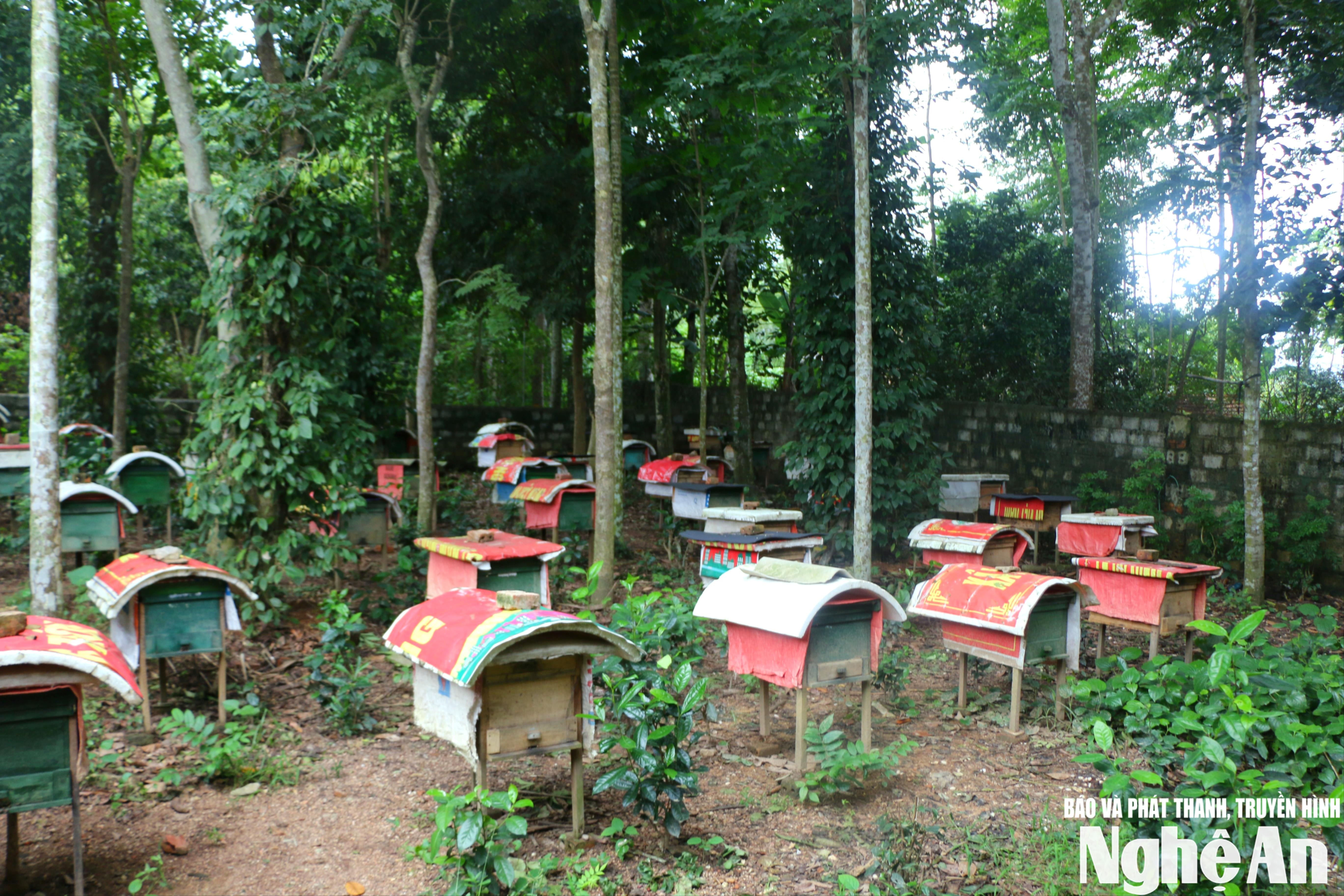
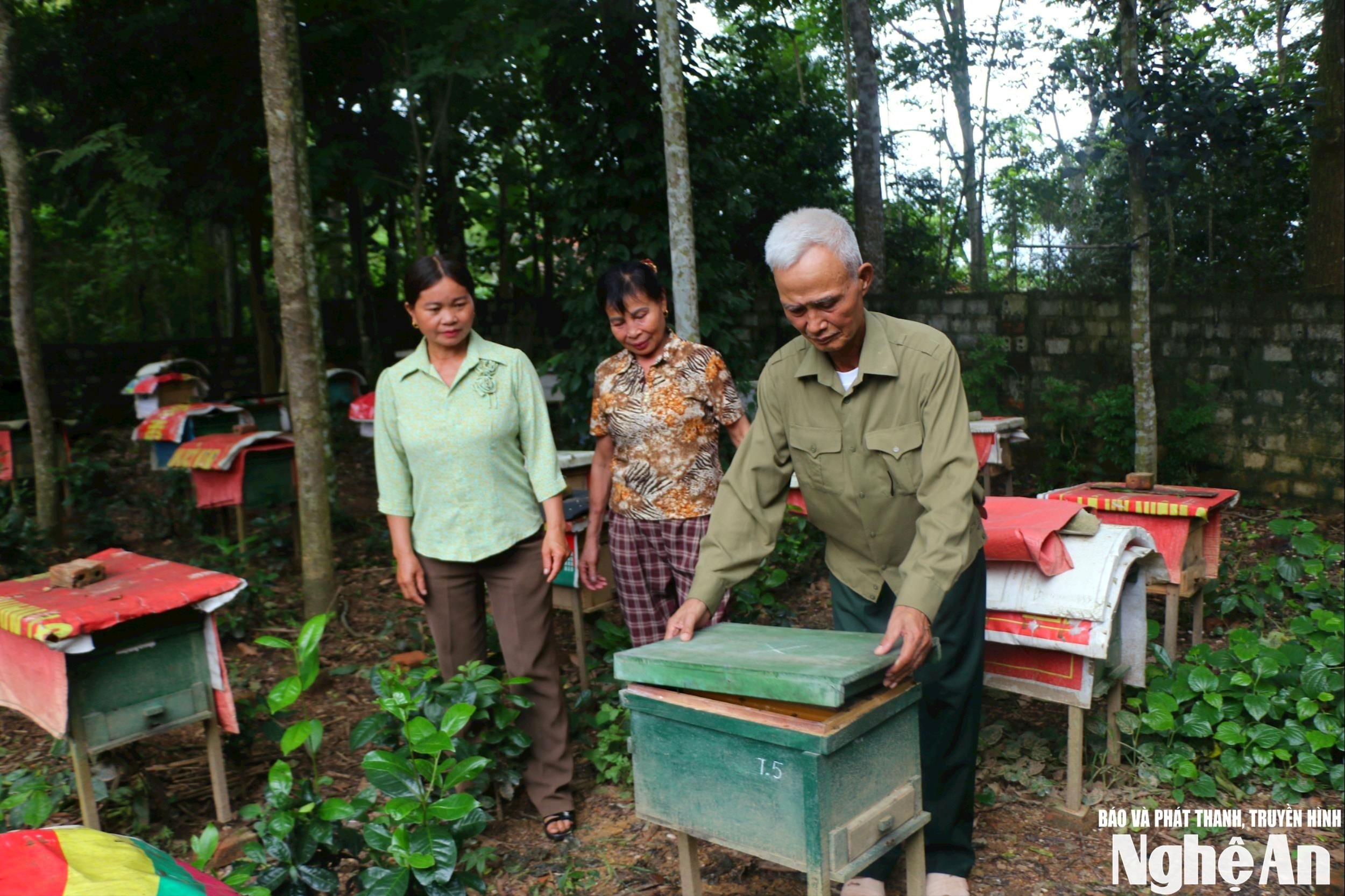
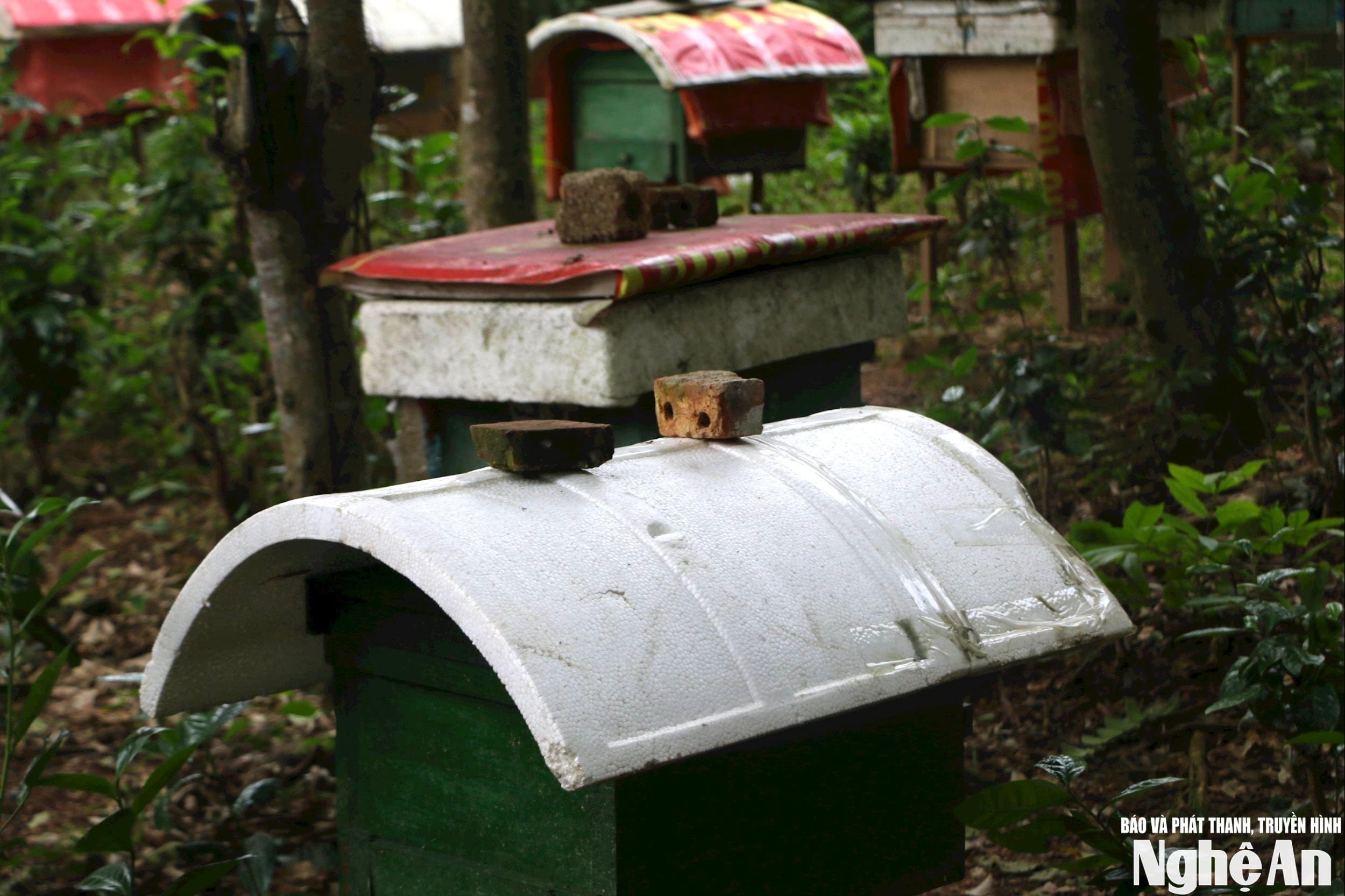
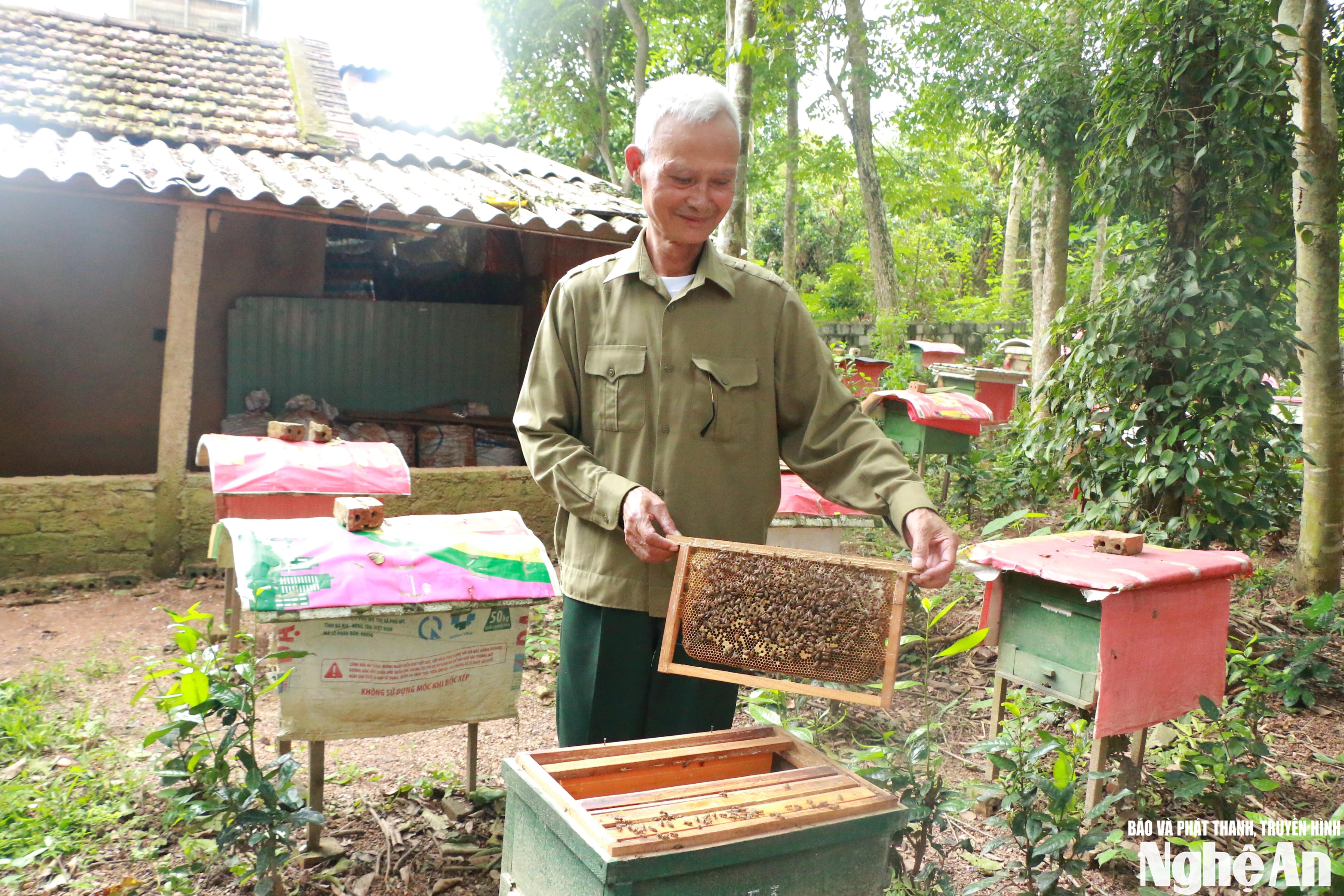
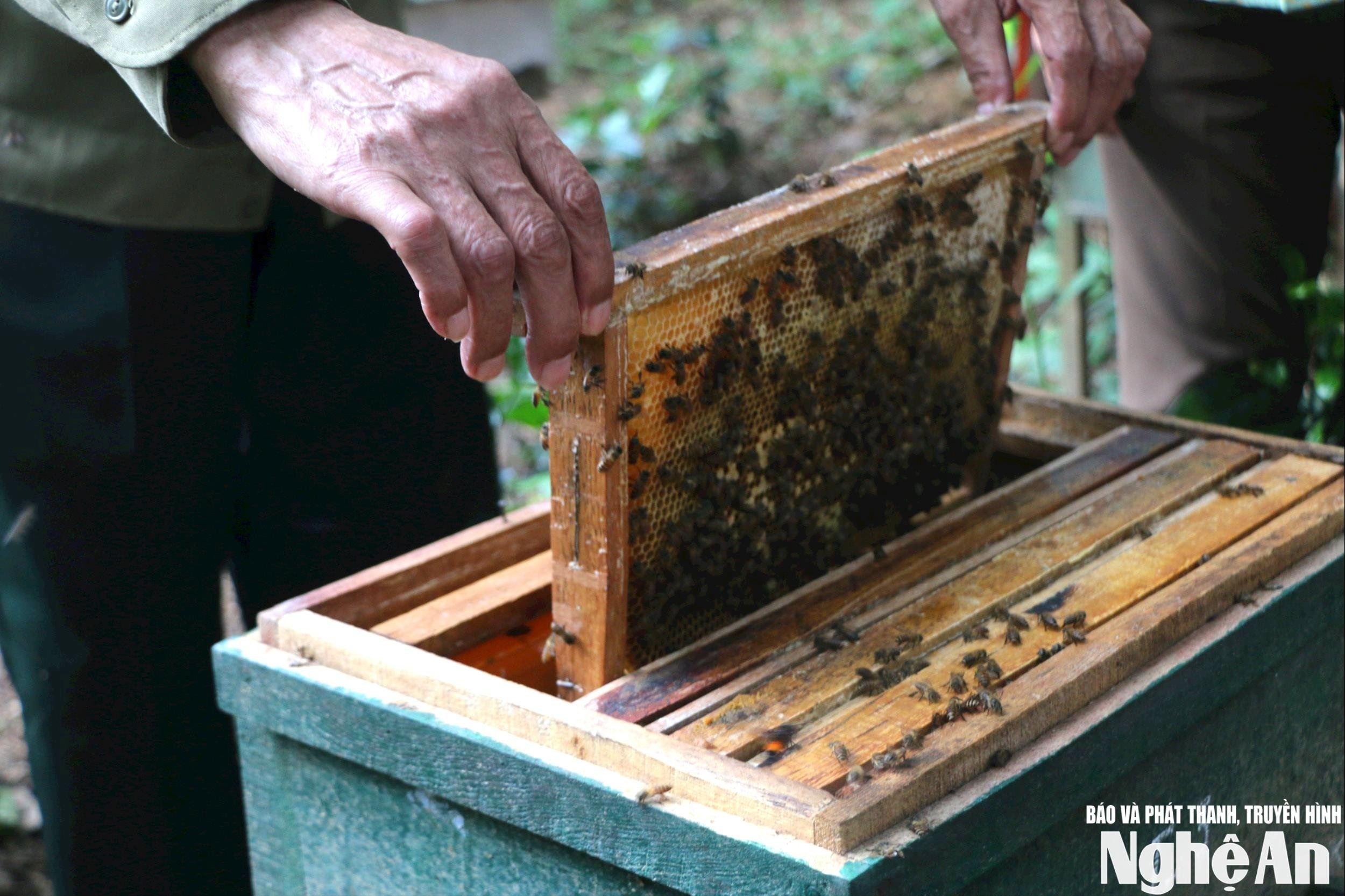
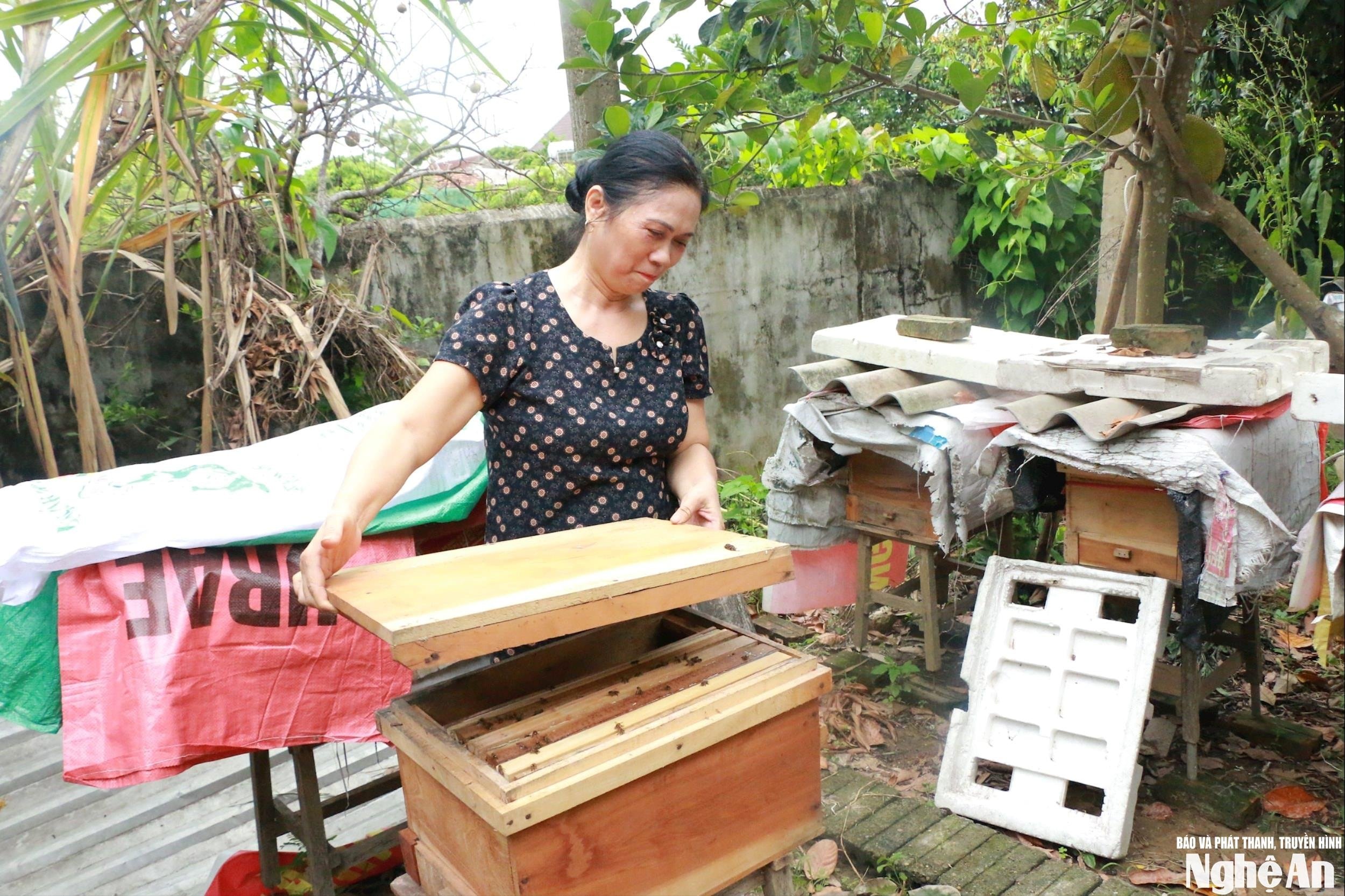
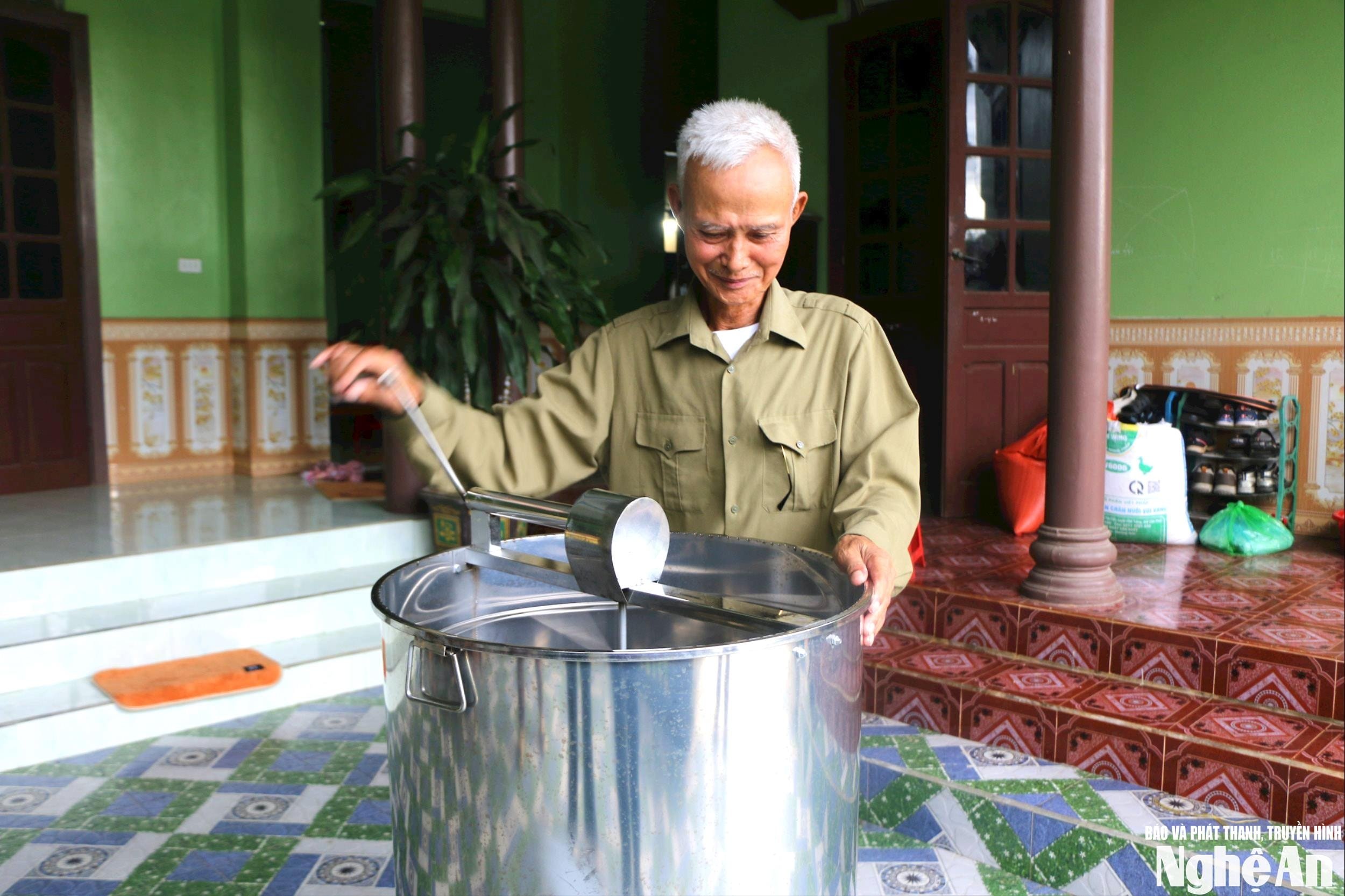
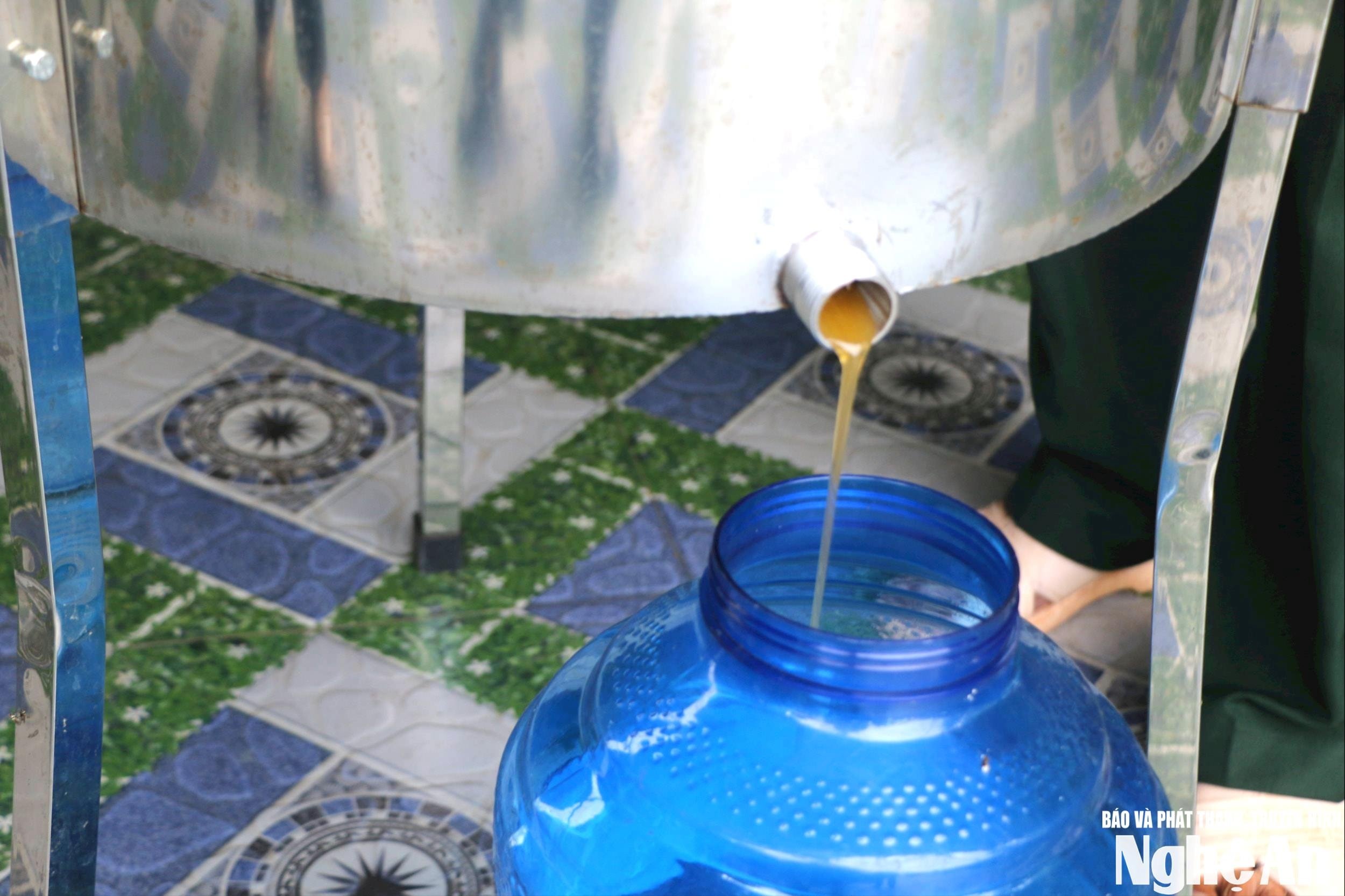
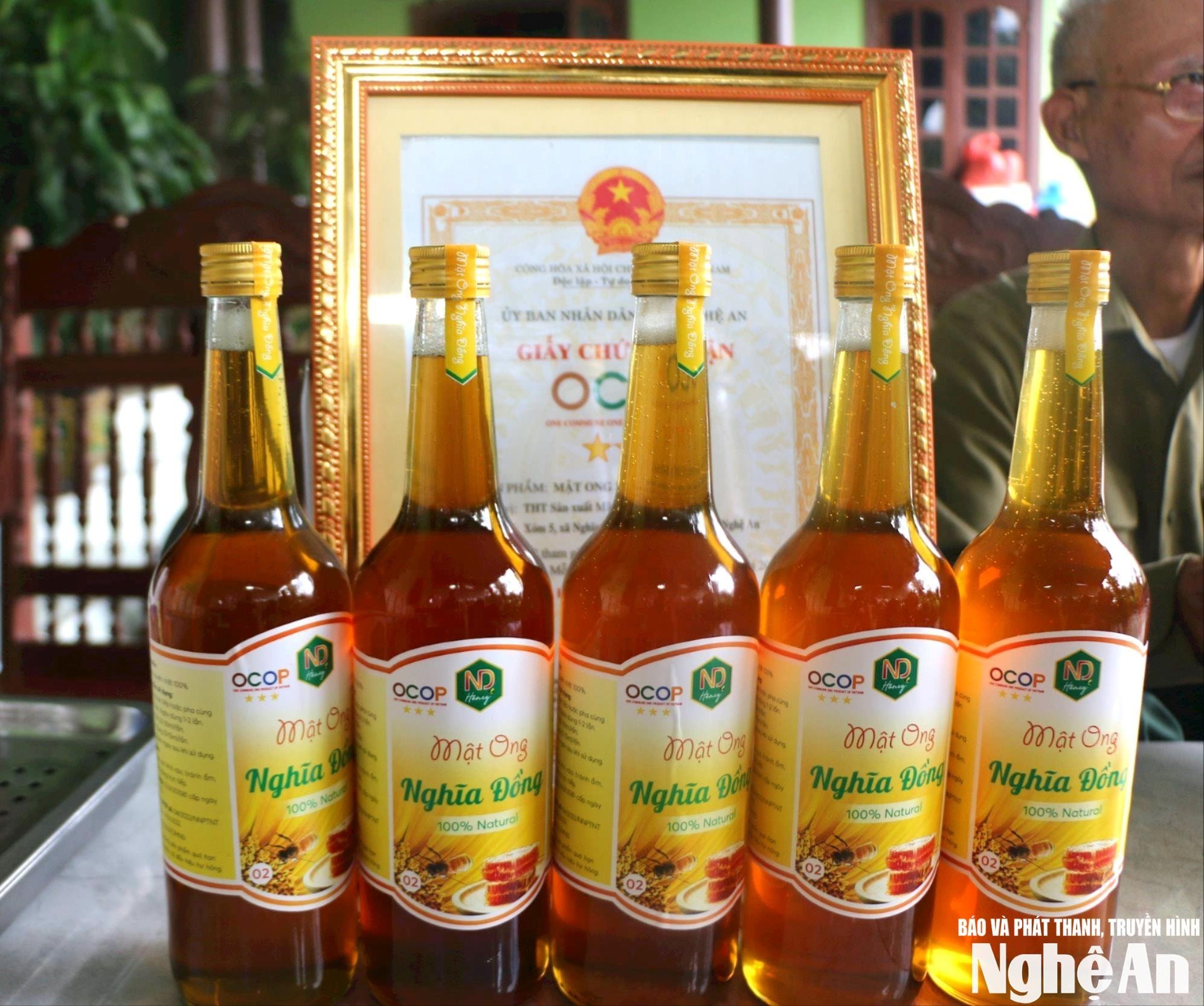
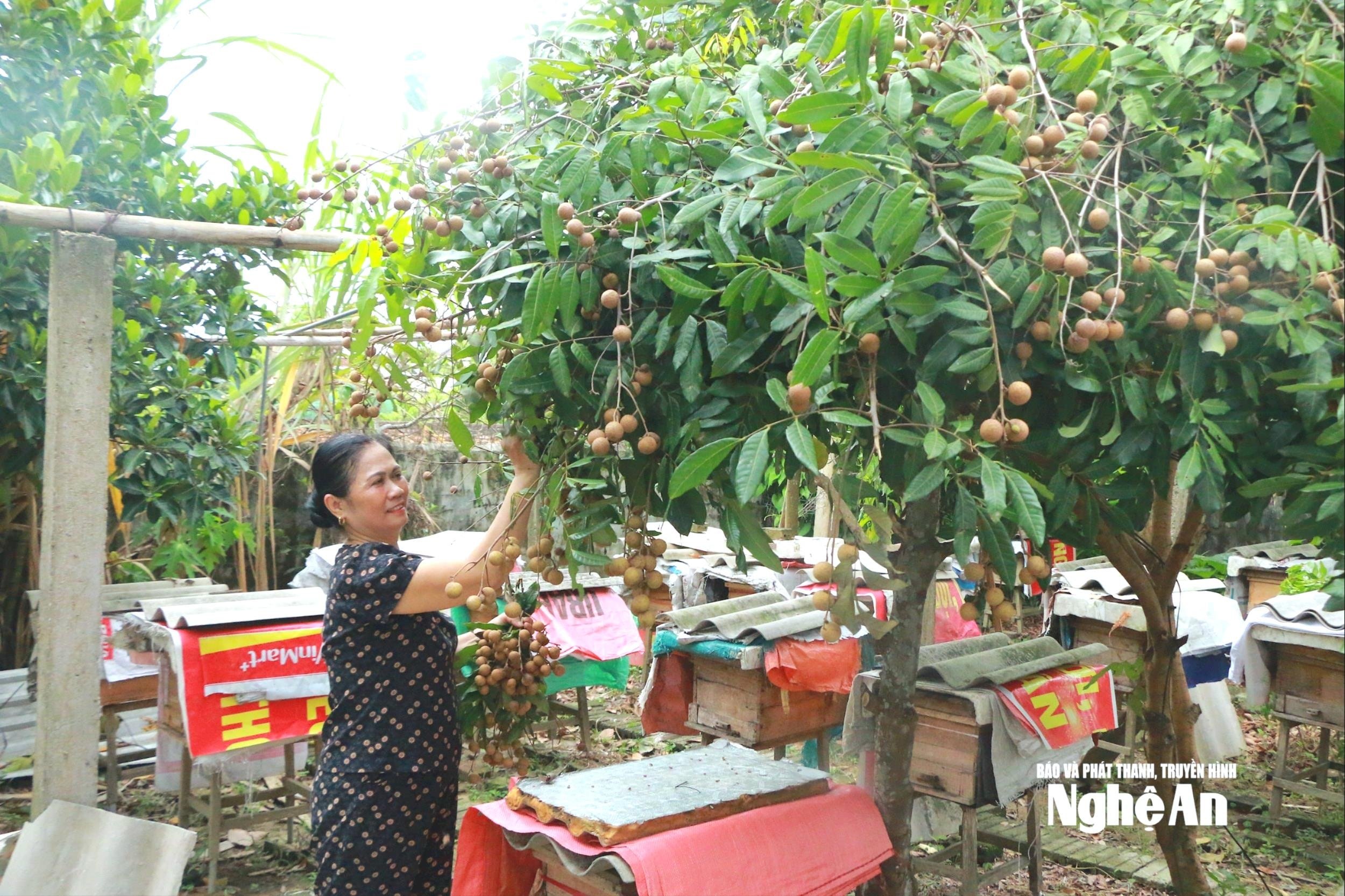



![[Photo] Hanoi morning of October 1: Prolonged flooding, people wade to work](https://vphoto.vietnam.vn/thumb/1200x675/vietnam/resource/IMAGE/2025/10/1/189be28938e3493fa26b2938efa2059e)


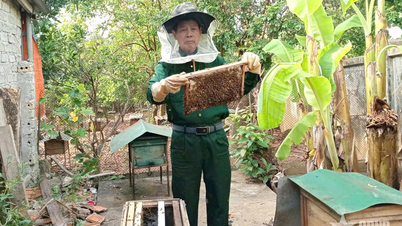



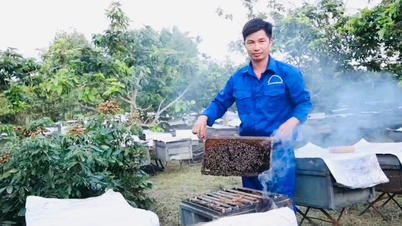

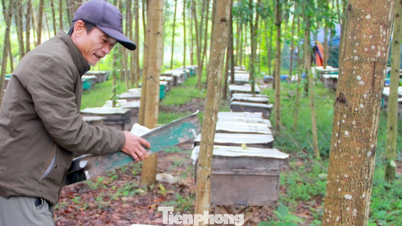
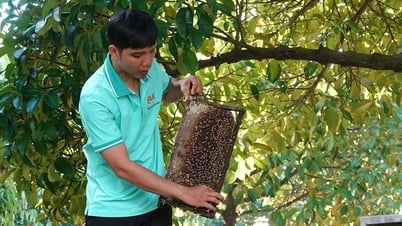
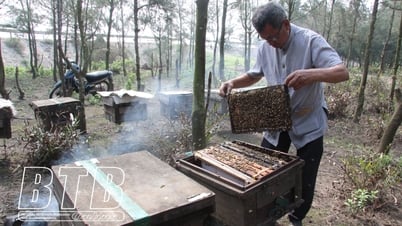

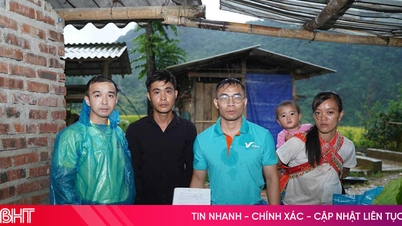

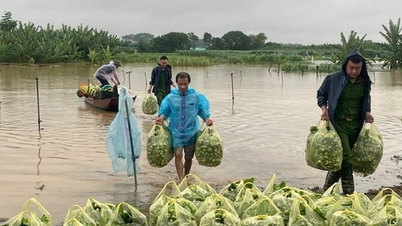

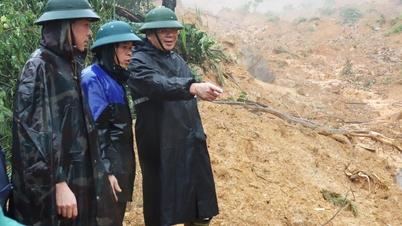


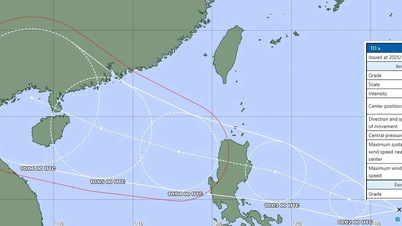

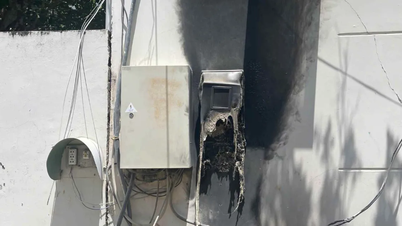





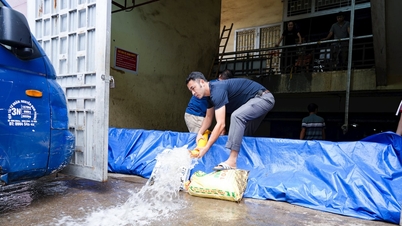


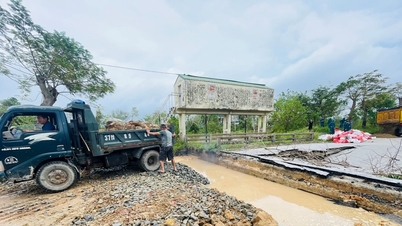

![[Photo] President Luong Cuong receives President of the Cuban National Assembly Esteban Lazo Hernandez](https://vphoto.vietnam.vn/thumb/1200x675/vietnam/resource/IMAGE/2025/9/30/4d38932911c24f6ea1936252bd5427fa)
![[Photo] Panorama of the cable-stayed bridge, the final bottleneck of the Ben Luc-Long Thanh expressway](https://vphoto.vietnam.vn/thumb/1200x675/vietnam/resource/IMAGE/2025/9/30/391fdf21025541d6b2f092e49a17243f)























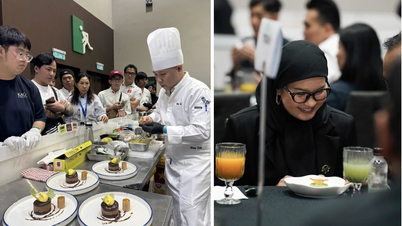

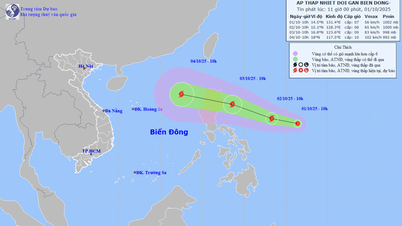
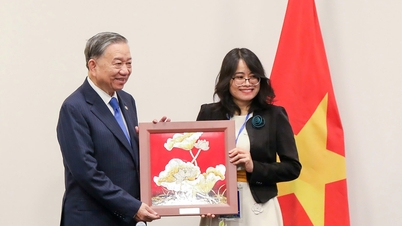


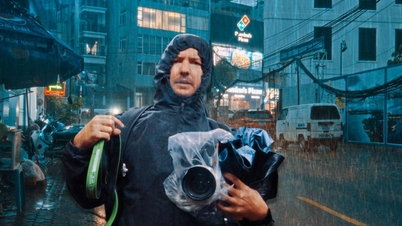



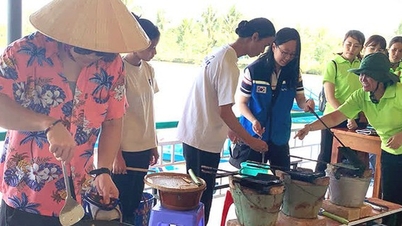


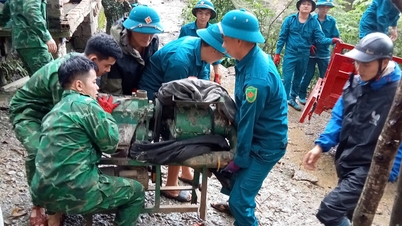



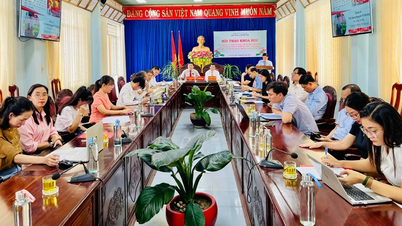
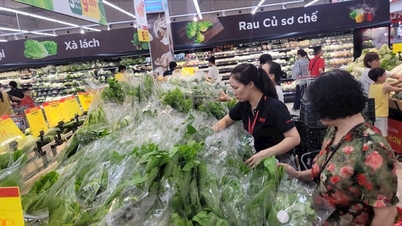
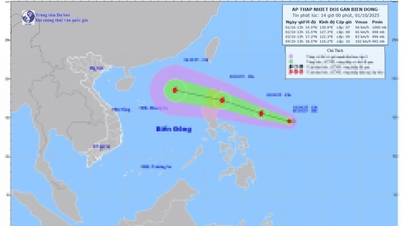














Comment (0)